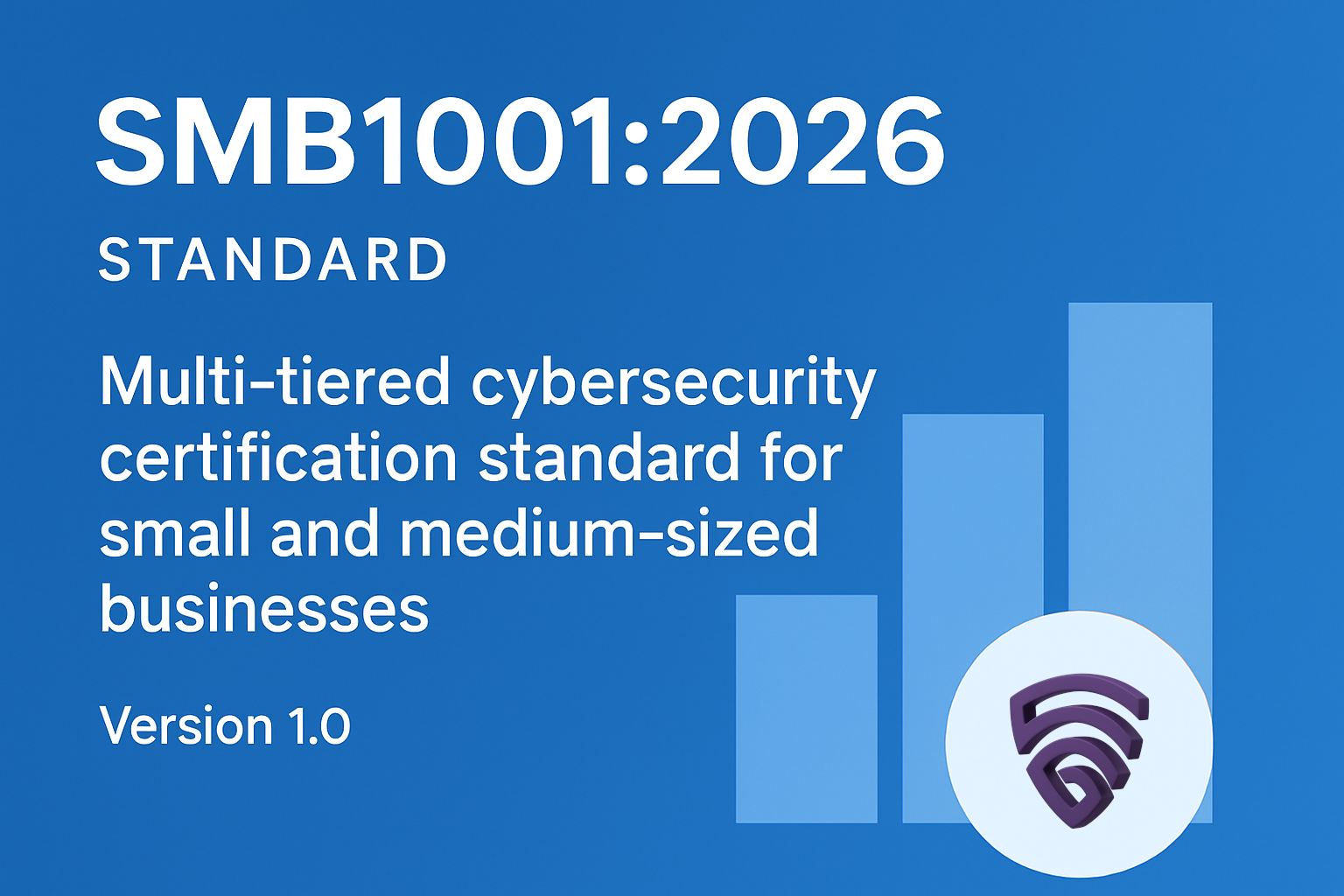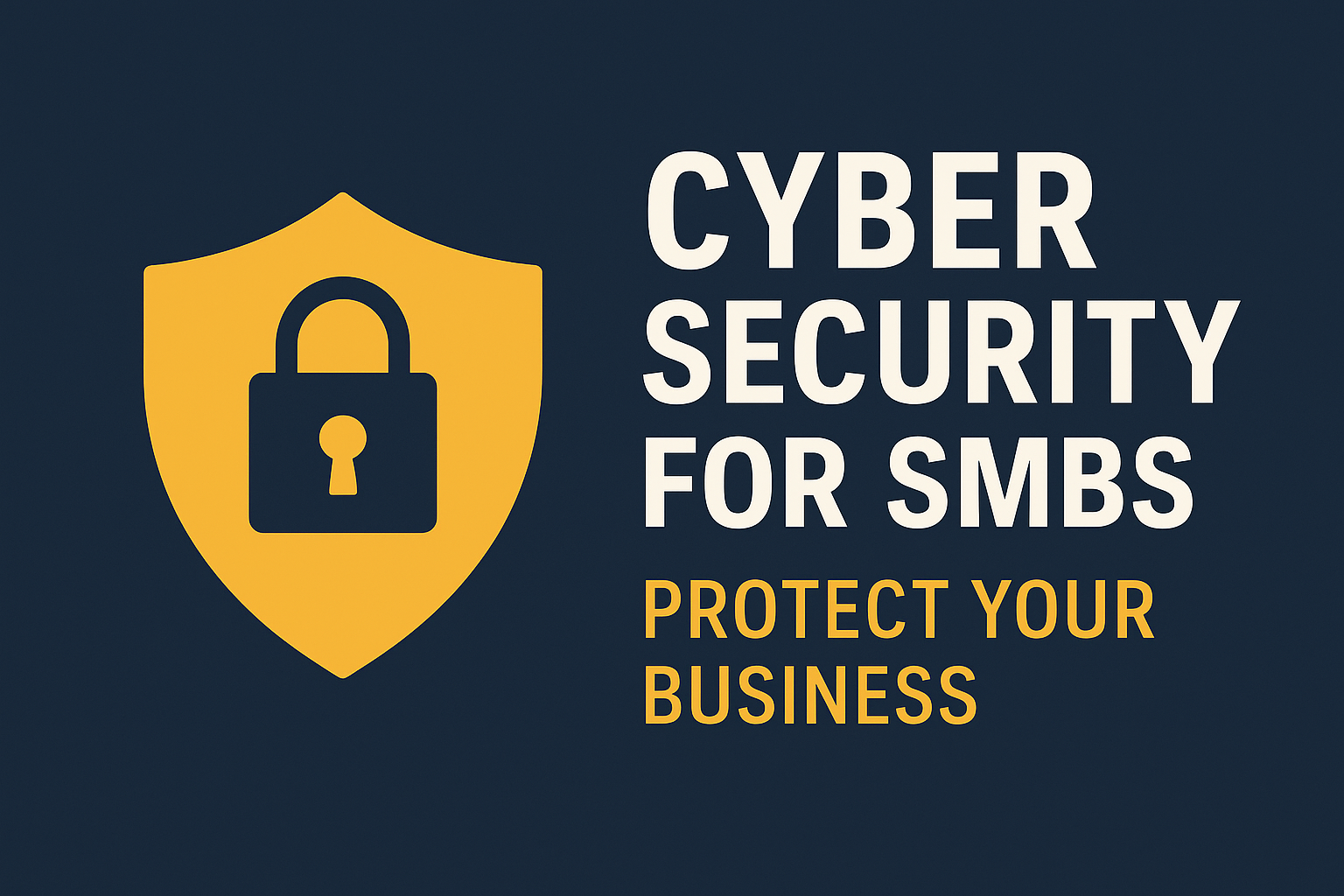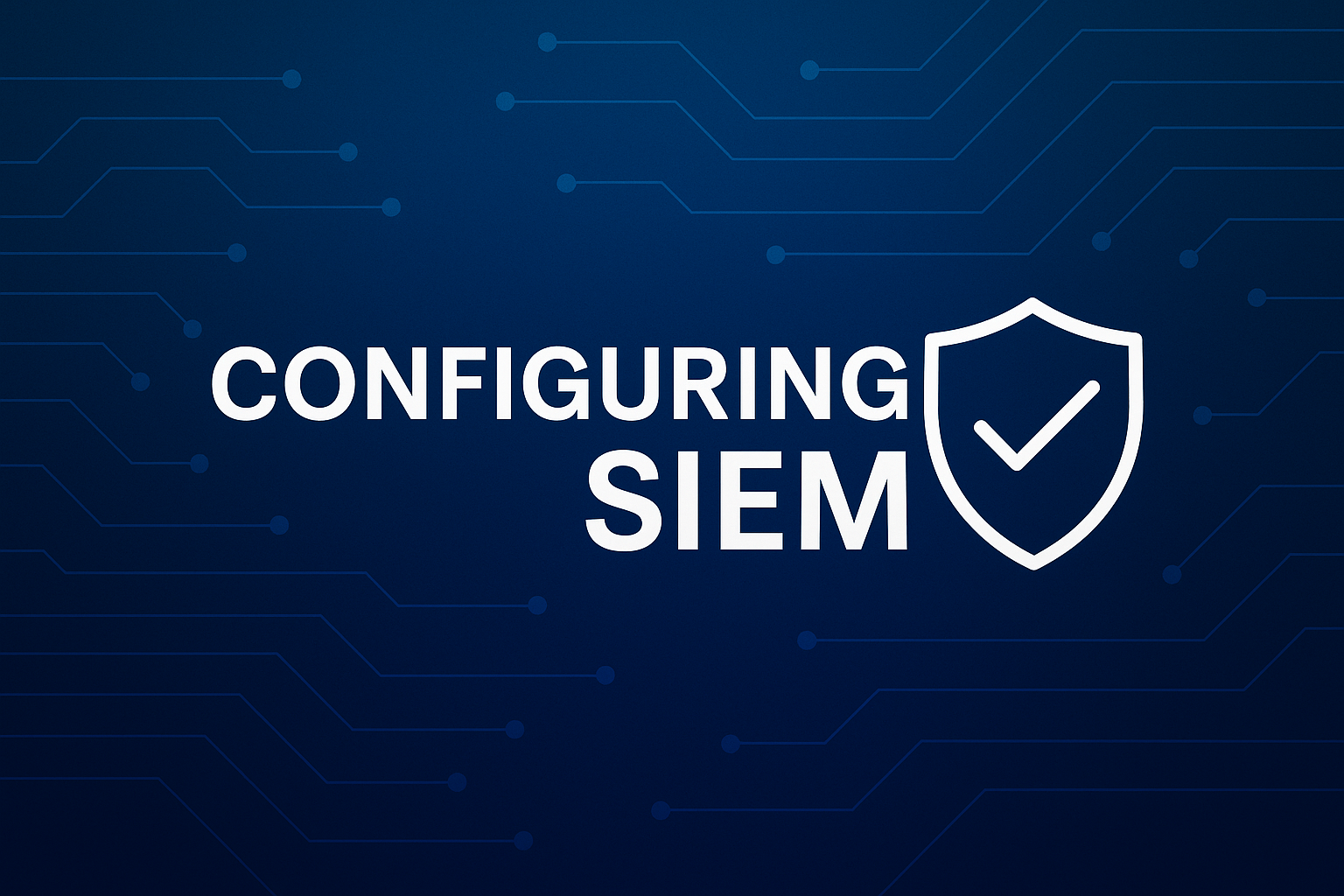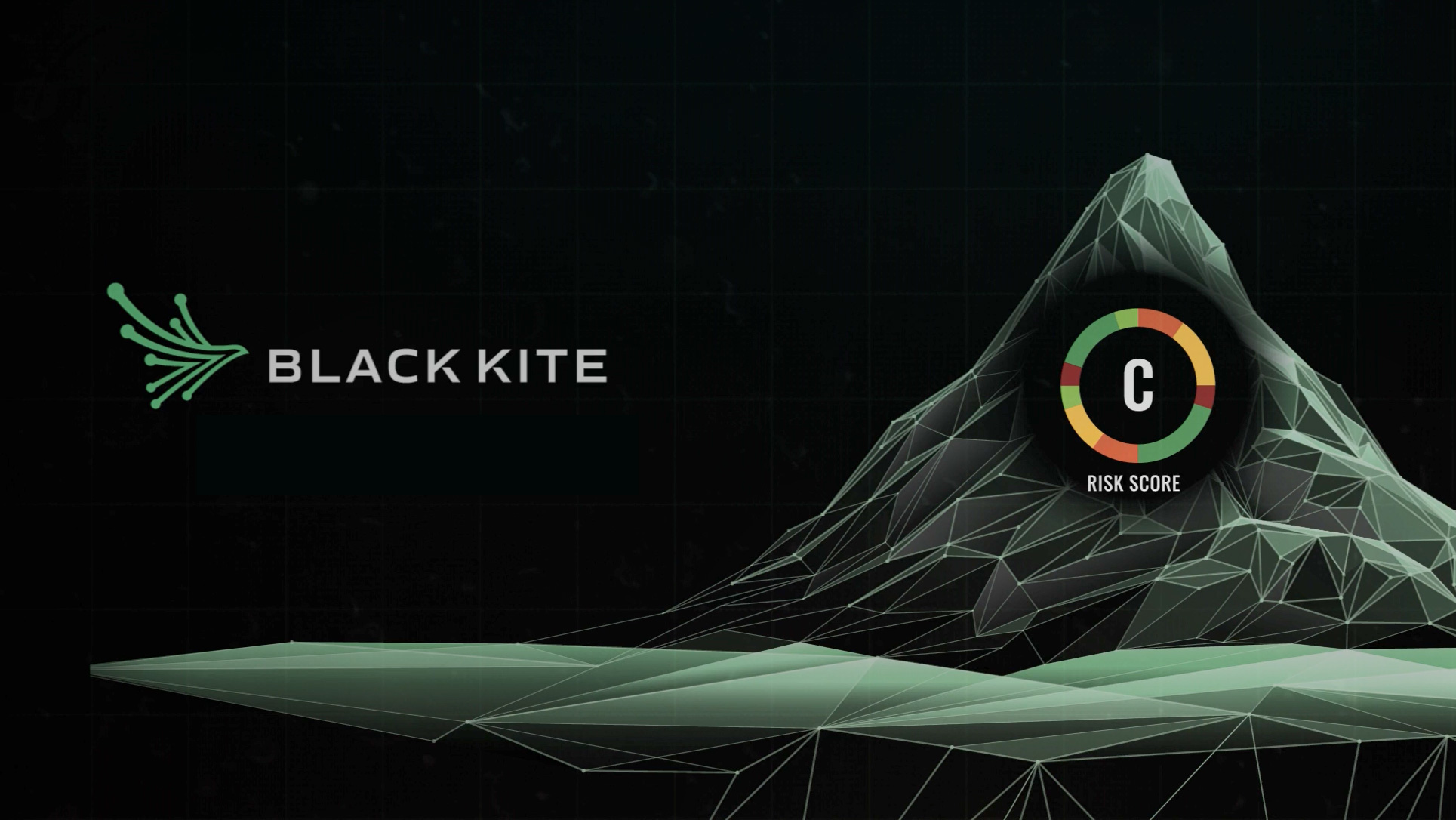SMB1001:2026 1.1.00
Compliance is Driving Change
More and more, small and medium-sized businesses are being asked to prove they take cybersecurity seriously. Insurance providers want evidence before offering cover, bigger organisations want reassurance before signing contracts, and government departments are tightening their procurement requirements. Standards like SMB1001:2026 were created to make this achievable for smaller organisations.
The very first control in the standard, 1.1.0.0 – Engage a technical support specialist for your organisation – recognises a simple truth: most SMBs don’t have a dedicated IT or cybersecurity department. But that doesn’t mean you can ignore the problem.
Why This Control Exists
Think about it this way: if your car breaks down, you don’t attempt to rebuild the engine yourself, you call a mechanic. Cybersecurity is no different. Even the basics – setting up a firewall properly, ensuring your devices get critical security updates, or training staff on safe password use – need someone who knows what they’re doing.
This doesn’t mean you need to employ an expensive full-time IT team. What the standard asks for is that you engage a reliable technical support specialist. That might be:
-
A local IT consultant you trust,
-
A Managed Service Provider (MSP) who looks after multiple businesses like yours, or
-
A cybersecurity company that provides ongoing help.
The role of this person or provider is to keep the lights on, reduce your risks, and help you put the fundamentals in place.
The Risks of Going Without
Small businesses are often targeted because attackers know resources are stretched thin. A single phishing email, a missed software patch, or an incorrectly configured device can quickly lead to downtime, data loss, or even reputational damage. And for many SMBs, one serious incident is enough to threaten survival.
Without a specialist, you’re left reacting after something has already gone wrong. With a specialist, you have someone who:
-
Spots gaps before attackers do,
-
Keeps your systems updated without you needing to think about it,
-
Configures protections properly rather than just “switching them on”, and
-
Gives you a point of contact if something suspicious happens.
The Business Benefit
Bringing in the right support isn’t just about reducing risk – it’s about building confidence. Clients, partners, and insurers see that you’re not leaving security to chance. You’re taking proactive steps, starting with the basics, to safeguard the business.
Control 1.1.0.0 sits at the start of SMB1001 for a reason. It’s the foundation for everything else. Without it, the other controls – firewalls, antivirus, backups, policies – won’t be applied properly, and certification won’t stand up to scrutiny.
What an Audit Will Look For
When it comes time for certification, auditors won’t just take your word for it – they’ll want to see evidence. For control 1.1.0.0, that evidence usually includes:
-
A contract or agreement – Most commonly a Managed Services Agreement (MSA) with an IT provider, or a consultancy contract that clearly sets out the support relationship.
-
Defined roles and responsibilities – The agreement should outline what the specialist is responsible for (e.g., patching, firewall configuration, user support), and what your business remains responsible for (e.g., approving policies, user behaviour).
-
Evidence of delivery – Auditors may ask for service reports, tickets, or logs that demonstrate the provider has actually performed the work. This could include patching schedules, firewall configuration reports, or user training records.
-
Review and oversight – Evidence that you, as the business owner or leadership team, are regularly reviewing the provider’s work. This might be minutes of quarterly meetings, copies of monthly service reports, or simply documented check-ins.
In practice, an auditor is measuring whether the relationship is formal, ongoing, and producing results. An informal “mate down the road” who occasionally fixes your laptops won’t cut it. The engagement needs to be structured and traceable.
How CyberGrape Helps SMBs Meet This Control
At CyberGrape, we specialise in helping small and medium businesses meet exactly this requirement. Here’s how:
-
Managed Service Agreements (MSAs) tailored to SMB1001 certification, giving you a formal, auditable engagement.
-
Defined responsibilities, so you know exactly what we manage – patching, endpoint protection, firewall configuration, staff training – and what sits with your team.
-
Regular reporting and oversight, providing you with evidence that stands up to auditors, insurers, and clients.
-
Scalable support, so as you move through SMB1001 tiers, our service grows with you.
We don’t just meet the requirement of control 1.1.0.0 – we help you turn it into a business strength. By showing clients and partners you’ve engaged a trusted cybersecurity provider, you demonstrate maturity, build confidence, and put yourself in a stronger position for contracts and insurance.
Start Your SMB1001 Journey with CyberGrape
At CyberGrape, we help small and medium-sized businesses take the guesswork out of cybersecurity and compliance. Whether you’re aiming for SMB1001 certification or simply want to strengthen your resilience, our managed services and consulting give you the support you need – tailored to your size, sector, and goals.
From the very first steps through to advanced maturity, we make compliance achievable and practical.
Ready to get started? Contact CyberGrape today and take the first step towards SMB1001 certification and stronger cyber resilience.





